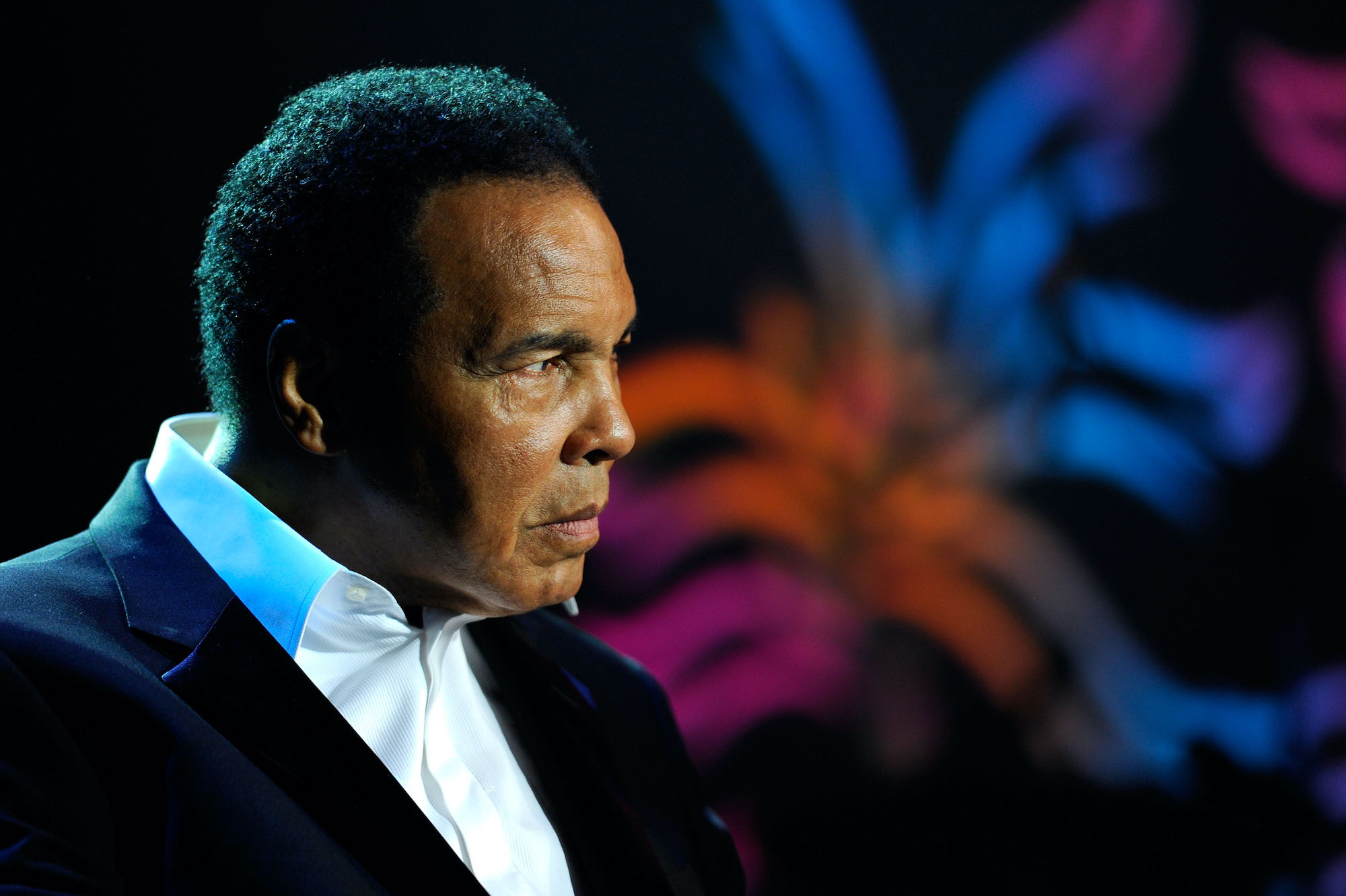‘Diff’rent Strokes’: Muhammad Ali Might Have Inspired the Show’s Name
While Muhammad Ali’s relationship with the classic sitcom Diff’rent Strokes will likely garner memories of his appearance on the show, his fingerprint goes much deeper.
The boxing superstar was known for his way with words as he was for his evasive defense and furious knockout blows.
As such, when he described his boxing strategy in 1966, little did he know that the phrase would inspire the sitcom he appeared on years later.
What was ‘Dif’rent Strokes’?
Coming off the success of Black sitcoms like The Jeffersons and Good Times, Diff’rent Strokes was one of the first series to be headlined by a pair of Black kids.
According to IMDb, the show focused on Gary Coleman’s Arnold and Todd Bridges’ Willis, brothers adopted by a millionaire named Mr. Drummond and forced to cope with a world so different from the one that they came up in.
While the show was family-friendly fare, its racial undertones were a hit among audiences of all backgrounds. After all, Black sitcoms were still rare, and while other series before it were massive hits, Diff’rent Strokes was more family-focused than its predecessors. It told the story of two young boys who came of age at a time when they were still looked down on by so many people.
From issues of drug abuse and growing up to an infamous episode about child molestation, the series boasted several memorable episodes. However, it’s most famous may still be the one where the self-proclaimed “Greatest” came by to help Arnold at his lowest time.
Watchu talkin’ about, Cassius?
RELATED: ‘The Facts of Life’: How Long Did the Show Last?
Entertainment Weekly notes how in a 1979 episode of Diff’rent Strokes, Arnold, Willis, and their adopted sister Kimberly forged a plan to meet Muhammad Ali. All it took was a fake health scare and some clever acting. Their plan was simple. Arnold faked a deadly illness hoping that Ali would hear about it and come to visit him. The plan worked, although it wasn’t without its share of hiccups along the way.
For one, Arnold wasn’t actually sick, and if everything goes well, it means he’ll have to lie to a hero who meant so much to him. Ali meets up with a priest who helps make the dream reality. While the conceit behind the episode is preposterous, at best, it ends on a sweet note, with The Greatest conceding that Arnold played him and won.
“You know something, Arnold, I’ve been north, and I’ve been south, but now I have finally met someone with my kind of mouth,” the boxing champion said in the final act.
It’s still one of the most iconic celebrity guest appearances on any sitcom in history. However, Ali’s unofficial footprint on the set of Diff’rent Strokes goes back further than even the creators may have known.
‘Diff’rent Strokes’ for different folks

Ali was always known for his one-liners. While it’s impossible to tell if the late boxer coined the phrase “different strokes” or got it from someone else, he was integral in making it a part of the English vernacular. Mental Floss notes that in 1966, Ali said that he has “Different Strokes for different folks” when talking about switching between opponents and their styles.
The phrase went on to be something far greater, with soul singer Syl Johnson popularizing it on a song of the same name and Sly and the Family Stone using it in the classic song “Everyday People.” The phrase became so popular that it went beyond Ali and into the social fabric for decades to come.
It’s hard to understate how important Muhammad Ali was for the overall culture in the sixties, seventies, and eighties, and Diff’rent Strokes is a testament to this. However, when Ali joined the set, many didn’t know how much impact he had already had on the show’s conceit.


